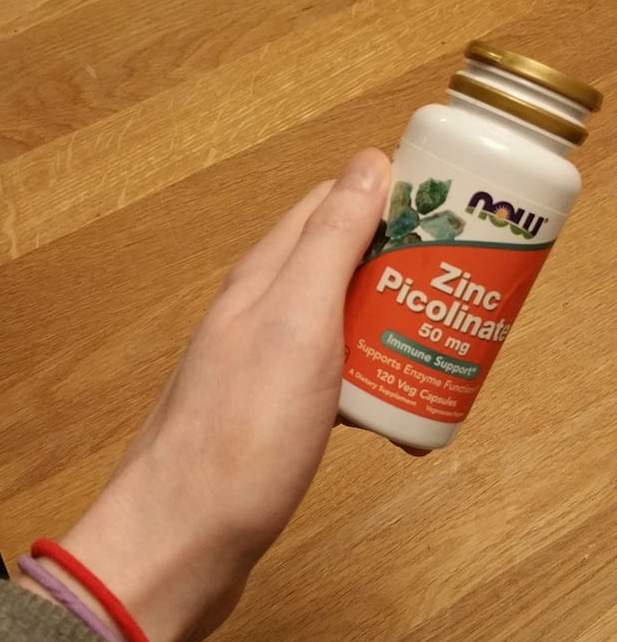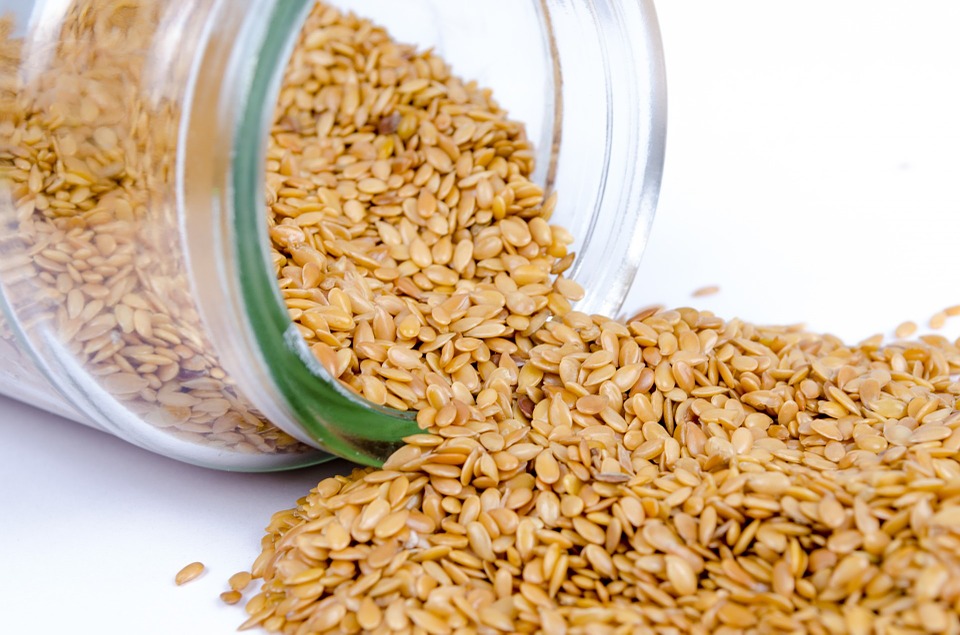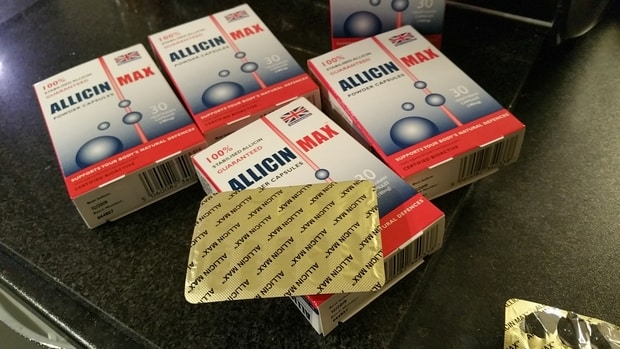Disclosure: This article may contain affiliate links. If you decide to make a purchase, I may make a small commission at no extra cost to you.

When it comes to hair loss, zinc deficiency can be one of the overlooked reasons for hair loss in both men and women. I’ve personally experienced the effects of zinc deficiency from being on a vegan diet for many years, and it affected my health in many different ways, including obvious hair thinning.
Fortunately, correcting zinc deficiencies can be relatively easy, but it’s important to choose the best form of zinc that will be most bioavailable to the body.
The question is: which zinc supplement is the best one?
According to studies, zinc picolinate appears to be the most effective in raising zinc levels in the body. I break this down more later in the article, so keep reading if you would like to learn more!
My experience with hair loss and zinc deficiency
I have been vegan for a long time, and normally I would supplement zinc, but there was a period of time I had stopped and it wasn’t long after that I started to experience hair loss and some other scary symptoms. It was only after I started to get sick often with colds and flu, as well as skin problems like acne, that I figured out I had a zinc deficiency.
Since my diet is mainly plant-based, I was consuming a lot of copper and not much zinc. This eventually caused an imbalance and led me to develop hair loss.
I also had also come across a forum post on the long hair community, which gave me hope that taking zinc was the solution for my hair thinning. Many people on that forum had experienced an improvement in hair growth since taking zinc.
So anyway, fast forward a few months, my skin cleared up, my nails were stronger, and my hair loss seemed to have stopped. It took over a year before my long hair was almost back to normal, but that is because my hair is very long. If you have shorter hair, you may see results much faster.
Zinc made a massive difference for me. Not only is my hair better than ever now, but I also haven’t been sick in a very long time!
Why does zinc deficiency cause hair loss?
When a person is deficient in zinc, it can affect the entire body and how it functions. Zinc is important for proper gene regulation, enzymatic reactions, hormone production, and regulation of the immune system. So as you can imagine, if you’re low in zinc, then it’s certainly going to have an effect on your hair growth as well.
Zinc deficiency has long been known to cause telogen effluvium, a condition where the hair sheds in large amounts because the hair goes into the resting phase of hair growth, otherwise known as the telogen phase.
Another condition that is common with zinc deficiency is called Alopecia Areata. This is a result of the immune system attacking the hair follicles and affecting growth.
Zinc deficiency may cause hair loss for various reasons:
- Autoimmunity from dysregulation of the immune system.
- Cause low levels of thyroid and sex hormones.
- Increased level of DHT from a higher conversion of testosterone to dihydrotestosterone.
- Depressed cell proliferation and dysregulation of the cell cycle.
Who is at most risk of developing a zinc deficiency?
Anyone can develop a zinc deficiency, but certain groups of people might be more prone to be low in this mineral.
- Strict vegetarian or vegan
- Eat a plant-based diet which is high in copper but low in zinc
- Breastfeeding women
- Excessive alcohol use
- Digestive disorders which impair absorption
- Low-calorie intake and restricted diets.
Which form of zinc should you take?
Zinc can be difficult to absorb by the batter, so it’s normally attached to either amino acids or found in chelated forms for optimal absorption.
When choosing a supplement, it’s also worth experimenting to see what works best for you. Some people get along better with one form of zinc, while others do better with a different one.
I take zinc picolinate because I feel it works great and it doesn’t give me any stomach problems like some zinc tablets can, even at high doses of 50-100 mg.
But be aware, high zinc dosages are not recommended long term because of the risk of toxicity.
So now let’s take a look at a couple of studies to see what they say about which is the best form of zinc.
Study 1 – comparison of zinc supplements
In a study conducted in 1987, researchers studied 15 people and split them up into 4 groups.
- The first group took zinc picolinate
- The second group took zinc citrate
- The third group took zinc gluconate
- The fourth group took a placebo
At the end of four weeks, they looked at hair samples, as well as urine and erythrocyte zinc levels.
Only in the zinc picolinate group did levels of zinc increase significantly (study.)
Study 2 – zinc absorption in healthy adults
In a more recent study, researchers looked at young healthy adults observed which zinc supplement had better absorption without food. They tested zinc citrate, zinc gluconate, and zinc oxide.
Looking at the fractional absorption of zinc, it was observed that both zinc citrate and zinc gluconate were absorbed well. However, there was a bigger variation in absorption in the zinc citrate group.
Zinc oxide was the least well absorbed, and 3 of the patients had no change whatsoever — indicating they were unable to absorb it at all (study.)
Breaking it down
- Zinc citrate absorption was 61.3%
- Zinc gluconate was 60.9%
- Zinc oxide was 49.9%
Based on these two studies in humans, it appears that taking either zinc picolinate or zinc gluconate would be the best form of zinc to take.
Also, if you’re taking a multivitamin supplement that has been designed to help hair growth, check the amount of zinc it has before you start supplementing any more.
Are there any side effects when taking zinc supplements?
It’s recommended that you take zinc with some food to avoid any stomach upset. However, the two forms of zinc that I have recommended here are quite easy on the stomach and shouldn’t give most people any problems.
Do not take over the stated dose of the supplement.
Signs of taking too much zinc include nausea, pain, vomiting, and diarrhea. However, large doses of zinc are needed in the excess of 300 mg a day.
One of the harshest forms of zinc on the stomach is zinc sulfate, and I do not recommend this form of zinc.
If you’re planning on taking zinc for months or indefinitely, you should consult with your doctor and lower your dose over time, as it’s not recommended you take high doses of zinc long term.
Conclusion
Zinc deficiency is very common and one of the early symptoms can be significant hair loss. Correcting this deficiency will lead to a reversal of hair loss within a few months and normalization of the hair growth cycle.
It can take months for hair loss to completely stop after starting zinc, due to the shedding of weak hair before stronger hair takes its place.
Studies that have looked at the absorption and concentration of zinc in hair samples have found that the most effective form is zinc picolinate.
So if you’re looking for the best results for helping with your hair loss, consider taking either zinc picolinate or zinc gluconate.
References
1. The Therapeutic Effect and the Changed Serum Zinc Level after Zinc Supplementation in Alopecia Areata Patients Who Had a Low Serum Zinc Level
https://www.ncbi.nlm.nih.gov/pmc/articles/PMC2861201
2. Zinc Deficiency Associated with Hypothyroidism: An Overlooked Cause of Severe Alopecia
https://www.ncbi.nlm.nih.gov/pmc/articles/PMC3746228
3. Oral zinc therapy for zinc deficiency-related telogen effluvium
https://www.ncbi.nlm.nih.gov/pubmed/22741940
4. Analysis of Serum Zinc and Copper Concentrations in Hair Loss
https://www.ncbi.nlm.nih.gov/pmc/articles/PMC3870206
Article reviewed and updated: November 2019.







No Comments